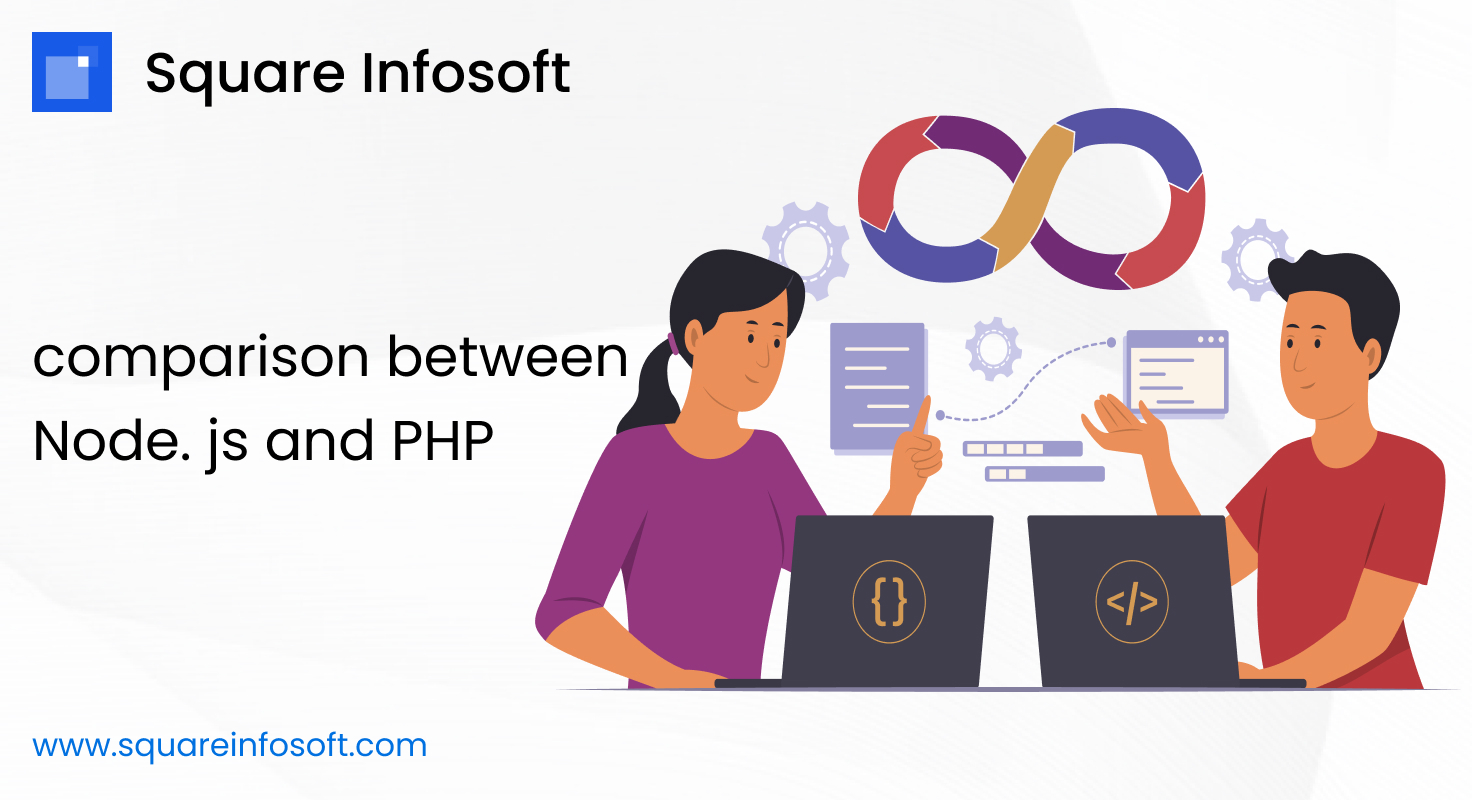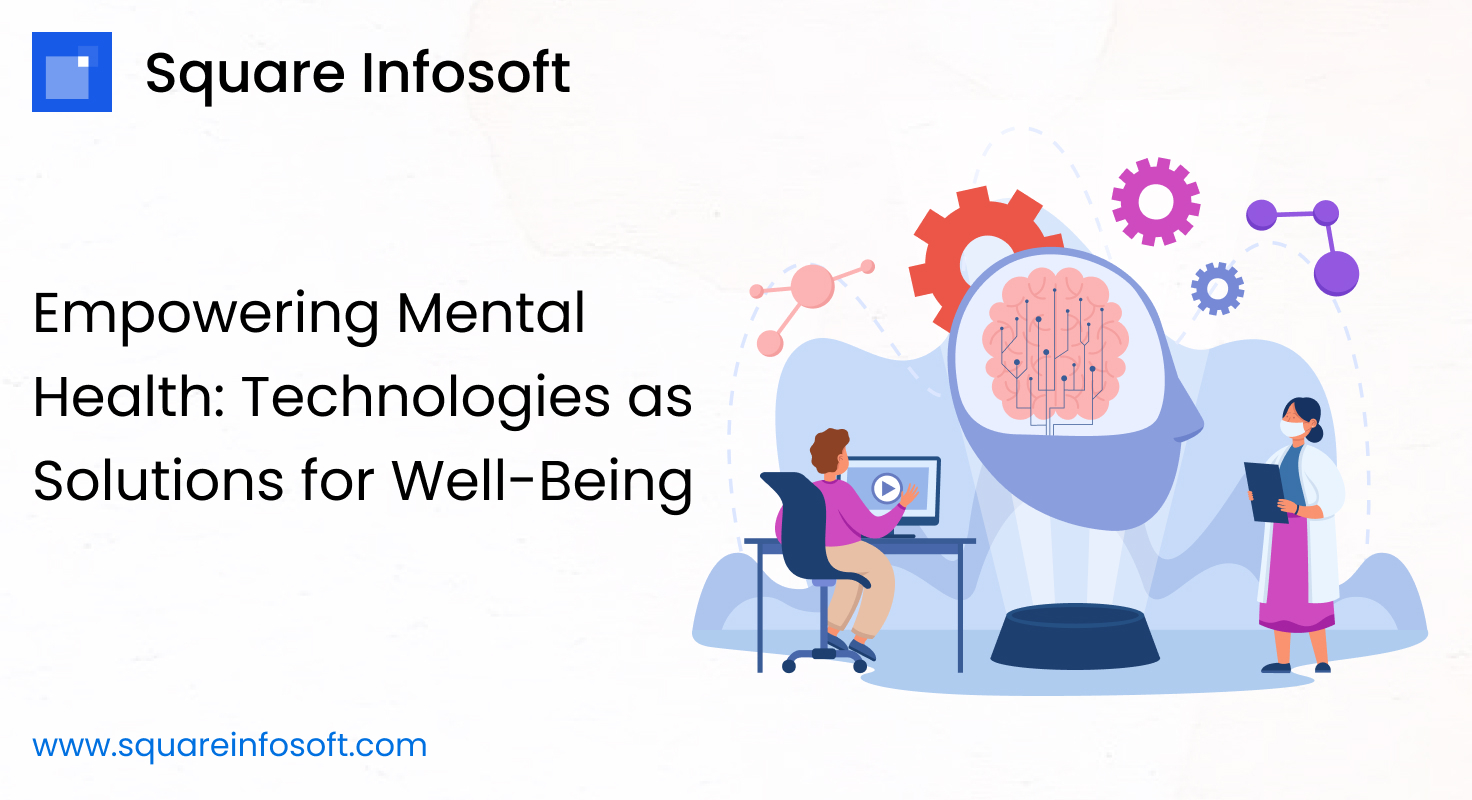- Node.js and PHP are both popular server-side programming languages used for web development, but they have distinct characteristics and use cases. Here’s a comparison between Node.js and PHP:
- Language and Syntax:
- Node.js: It is based on JavaScript, allowing developers to write server-side code using the same language as client-side (browser) code. It uses an event-driven, non-blocking I/O model.
- PHP: It is a server-side scripting language designed explicitly for web development. Its syntax resembles C-like languages and is embedded within HTML code.
- Performance and Scalability:
- Node.js: It has excellent performance due to its asynchronous, non-blocking nature. It can handle concurrent connections efficiently, making it suitable for real-time applications and handling a large number of simultaneous requests.
- PHP: It is known for its ease of use and simplicity but can be slower compared to Node.js, especially for handling concurrent connections. However, PHP has improved significantly over the years and can still handle moderate traffic without performance issues.
- Ecosystem and Libraries:
- Node.js: It has a vast ecosystem with a wide range of open-source libraries and frameworks available through npm (Node Package Manager). It is well-suited for building applications like APIs, real-time applications, microservices, and single-page applications.
- PHP: It also has a large ecosystem with frameworks like Laravel, Symfony, and CMS platforms like WordPress. PHP has been around for a long time, resulting in a mature ecosystem with extensive community support and documentation.
- Learning Curve and Community:
- Node.js: If you are already familiar with JavaScript, learning Node.js will be relatively easier since it uses the same language. The Node.js community is vibrant and actively contributes to its growth.
- PHP: PHP has a shallower learning curve, especially for beginners, as it has simpler syntax and a vast amount of resources available. Its community is also well-established and provides comprehensive support.
- Hosting and Deployment:
- Node.js: It can be deployed on various platforms, including cloud services like AWS, Google Cloud, and Heroku. It is versatile and can be run on different operating systems without much hassle.
- PHP: It is widely supported by most hosting providers and has built-in support on popular web servers like Apache and Nginx. It is relatively easier to deploy PHP applications.
Ultimately, the choice between Node.js and PHP depends on your specific project requirements, your familiarity with the languages, and the ecosystem you prefer. Node.js excels in real-time applications and high concurrency scenarios, while PHP has a strong foothold in CMS development and simpler web applications.




